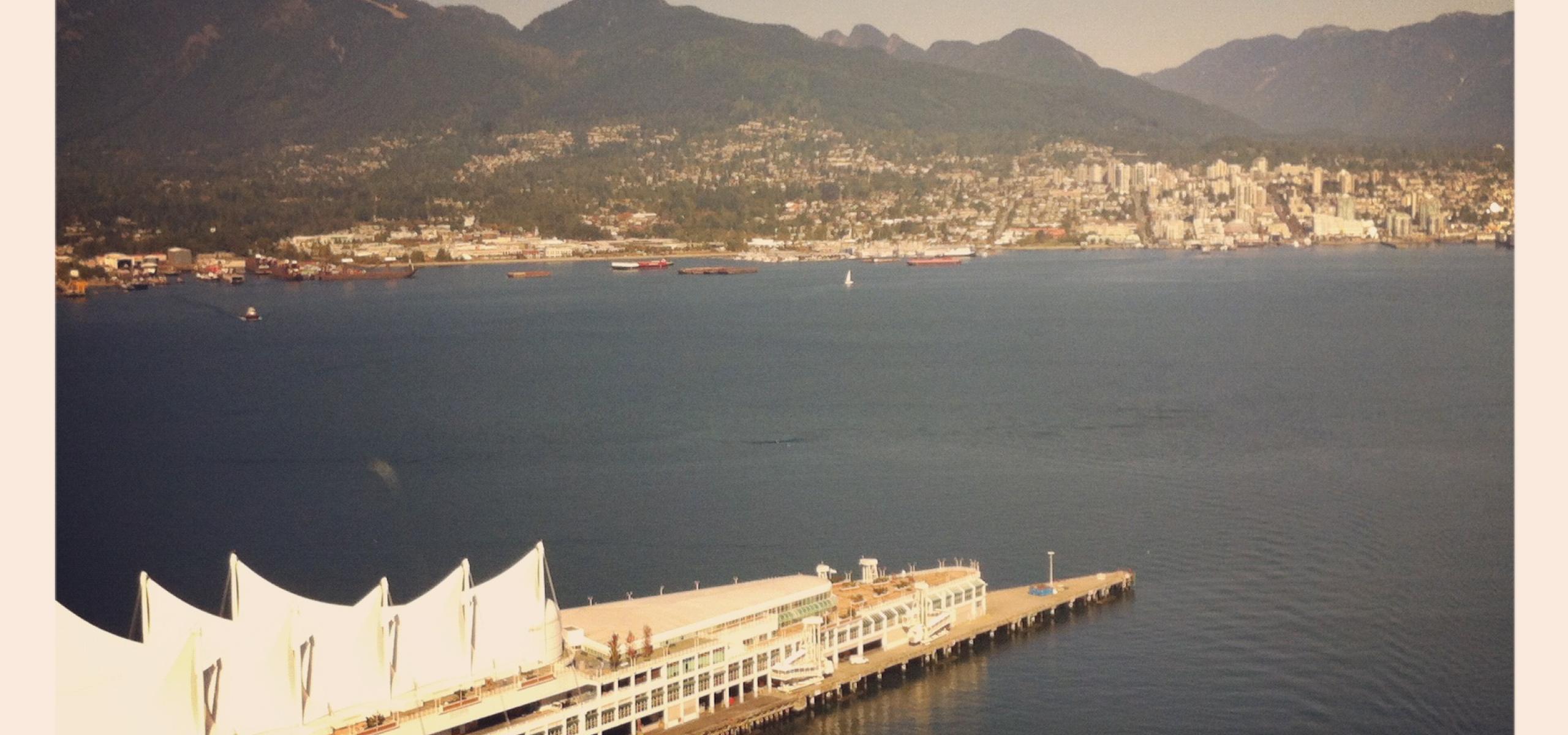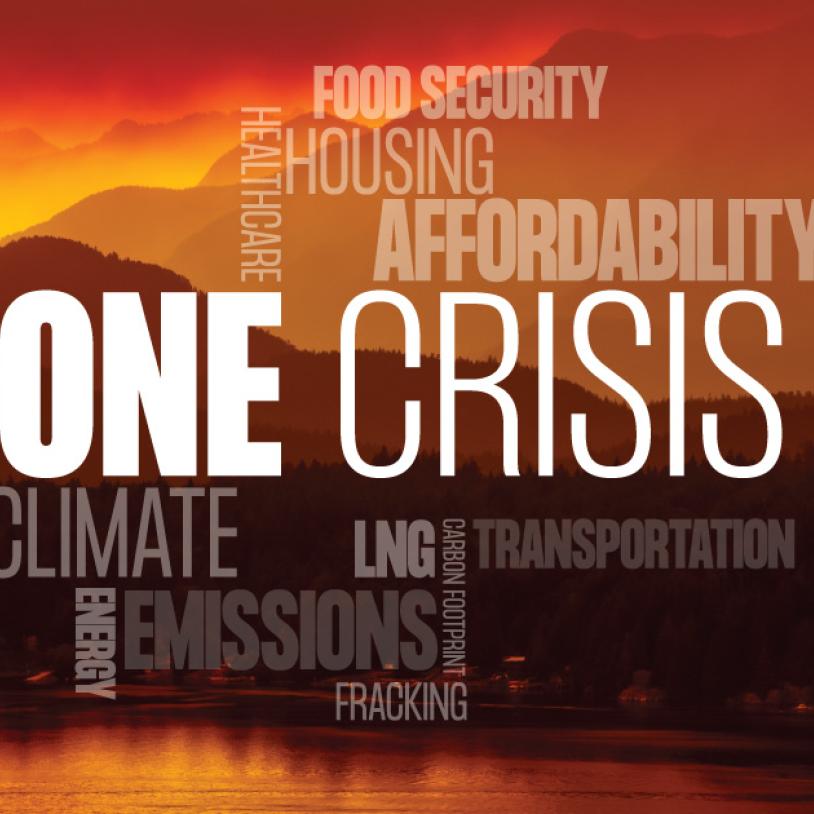Marine communication centres: Union warns of risk to people’s lives, the environment due to closures
Friday, November 23, 2012
The decision by the federal government to close the marine communications and traffic-service centre that monitors vessel traffic in the Port of Vancouver will come at a heavy cost, warns the union representing the coast guard’s marine communications officers.
Plans to close the centre puts both lives and the environment at risk, warns Allan Hughes, regional director of CAW Local 2182.
Ottawa’s belt-tightening measures include shutting down the Vancouver, Comox and Tofino marine communications centres over the next three years. This will leave only the Victoria and Prince Rupert centres open on the West Coast. The Canadian Auto Workers union says 77 jobs will disappear and as many as 104 workers will be relocated as the cuts take effect. The Vancouver centre has 17 employees.
Hughes stresses his members provide key marine communications and regulate marine traffic, handling everything from distress calls to the management of tankers and cruise ships.
“In Vancouver we have the busiest port in Canada,” Hughes said.
With monitoring of Vancouver Harbour moving to an office in Victoria, Hughes said some of the problems workers now see may be missed.
“I don’t know how they will issue visibility clearance when they are in Victoria,” he said.
While radar and vessel tracking work in most cases, Hughes notes there are some areas in Vancouver Harbour that radar will not pick up.
“For a very small amount of money they will save, they are putting people’s lives and the environment at risk,” said Hughes. “British Columbians should be outraged at these cuts.”
B.C. Federation of Labour president Jim Sinclair said the closures on the West Coast are mind-boggling.
“These communications centres were built to ensure the safety of people working up and down the West Coast,” he said. “It is short-sighted and narrow-minded and, at the end of the day, we have to stop it.”
He estimates the closures in B.C. will save about $3 million.
“People of British Columbia are sending a clear message — don’t close these stations,” he said.
Ben West of the Wilderness Committee warns of the risk of a tanker spill and Irvin Figg, president of the United Fishermen and Allied Worker’s Union-CAW, said fishermen are concerned about their safety when the centres are closed.
A fisheries and oceans-coast guard response said an investment in more infrastructure is expected to meet the needs.




